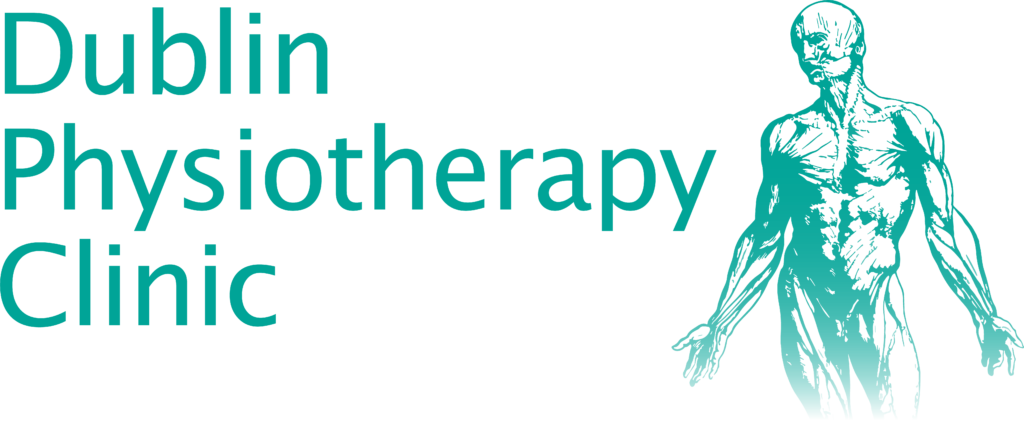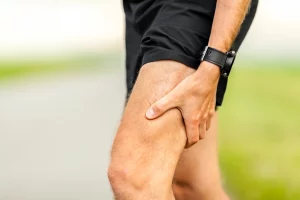How do we keep them participating and being retained in maintaining physical activity? I recently became aware of some important work that an Irish man in Sweden is doing. The International Convention of Children’s Rights is looking at restructuring the format of youth sports to be child-cantered rather than adult cantered.
This means that the approach of streaming kids according to ability and trying to strive for finding elite teams and players early is being reversed. They are now trying to make participation in sports (soccer), to be more child cantered.
This is a very important issue because we already have a lot of information gathered through several decades, which shows that early specialization in one sport is not good for long-term athletics development. Therefore, if you have a child who plays soccer from age eight or nine, they acquire limited sets of physical skills developed in that strategy. This is opposed to playing multiple sports that give the child an unlimited number of sets of skills.
In a child-centred approach, a coach does not have the mandate of keeping a child dedicated to only one sport. If they want to play multiple sports, they should not be forced to decide.
The idea of long-term athletics development means that there is a window of opportunity for children to learn fundamental movement skills. These skills may be such as running, passing, changing direction, rolling, twisting, hopping, jumping, climbing, hand-eye coordination, using a racket…etc.
There is a limited window of opportunity to learn those things and kids need to be exposed to those kinds of tasks and good quality coaching to facilitate their own development. However, if they specialise too early they do not get those skills.
This work in Sweden is very important because it comes under the International Convention of Children’s Rights. It is unfortunate that I have seen far too many kids who have been devastated by being cut from the squad due to new trials at the end of the year when kids from other areas come to their local area to play for that particular team.
Winning trophies is very satisfying for the coach’s ego but one has to question if that is the primary objective of most kids who play sports. Do they play sports to win a trophy or do they play because they enjoy? The culture of winning and the demands of the adult coaches are superposed upon these kids. The demands on the child from the parents also matter since most people will want to see their children do the best and maximize their potential.
The simple reality is that maybe only 5% of kids will perform their chosen sport at the elite level, which is due to too much exposure to elite sports performance. The vast majority of kids will be on that less-than-elite situation.
We should, therefore, structure sports participation and selection in a way that the non-elite kids also remain involved. Or do we structure it so that it becomes very much about trying to find the best players and streaming them off so that they go into some sort of an elite program?
Unfortunately, the statistics show that there is a massive dropout rate from sports in late childhood or early adolescence, suggesting that this is the adult-centred approach is not a good strategy for keeping people physically active.
Every day we are told about the importance of exercise. However, if the structure of our youth’s sports turns kids off because of being overly competitive, we fail at instilling the values of maintaining exercise and healthy living in a long-term perspective.
It is an important issue since the challenge of wanting to push kids to be their best, and at the same time recognising what their limitations are, as always been there. The other big factor is the variation in the rate of kids’ development that the adult-centred approach does not take into account. Children do not develop in a linear way. They go through bursts of development at different rates, and this may be used against the child if their rate of development is slower than that of their peers. We have heard of kids who were cut off too early because of their rate of maturity, date of birth, and other developmental factors that do not stand for the skills.
Summarily, this is a very important issue and the discussion will go on. This post is in reference to Mr. Marco Sullivan’s work, which is posted on our Facebook page, Dublin Physiotherapy Clinic. Feel free to check it out.






